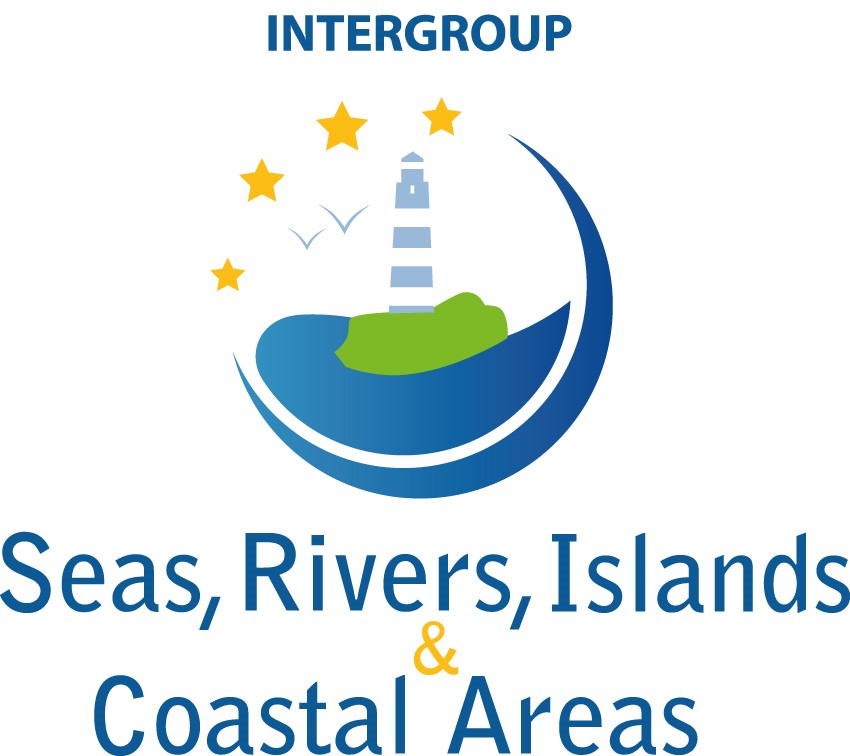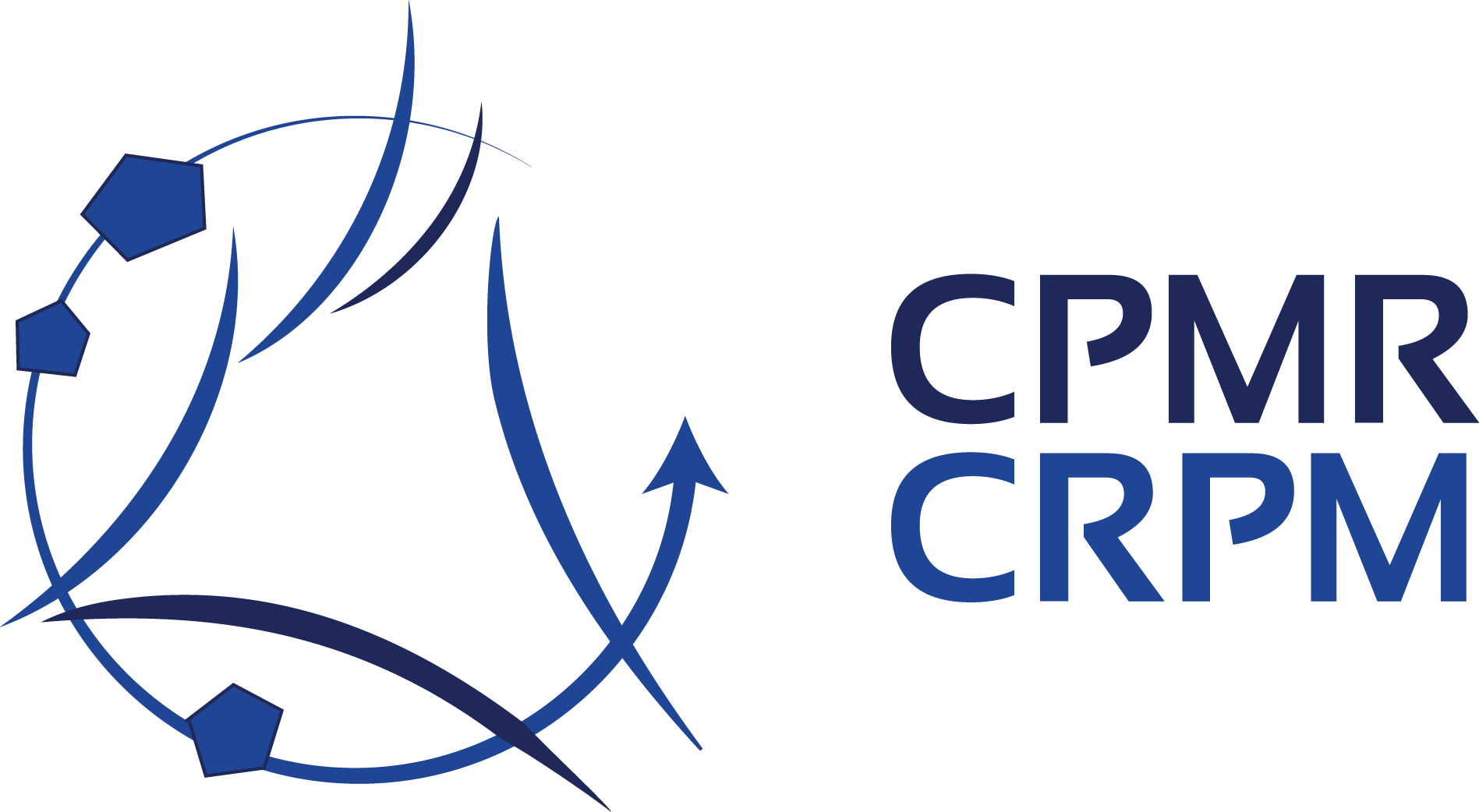The Commission’s Clean Planet Communication of November 2018 set out eight scenarios that indicated how net greenhouse gas emissions could be reduced to zero, or nearly zero by 2050. All forecast an increase in electricity consumption, some by more than 100%, as sectors such as transport and home heating shift from fossil fuels. And all indicated that half of this would come from wind, with about half of this offshore. Furthermore, the conversion of land from food to biofuel will create incentives to invest in aquaculture production which, as well as saving land and freshwater, can produce protein with a lower carbon footprint than that grown or raised on land. This is not business as usual and will radically change Europe’s seas and oceans.
This session aims to generate a discussion as to how we go from here to there.
Representatives of the wind energy and electricity distribution industries will describe how they are tackling the challenges to expansion of offshore wind farms, an expert in life cycle analysis will show how algae could not only provide protein for food and feed but also contribute to the circular economy by removing nutrients and a representative of a national government will explain what needs to be done to find enough space for this expansion without unduly compromising other activities. This will be followed by a short presentation on EU efforts.
Find the programme and a link to registration here.










